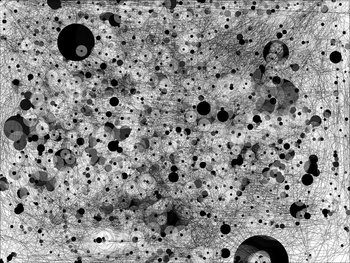
Data Realities
Single source of truth is a strong rule that requires data be updated and accessed from one place without any copies floating around. In practice, large organizations find this difficult to implement. For example, many commercial off-the-shelf products and cloud services have proprietary data models that are difficult to change.It is common for architectures to take a practical approach that doesn't strictly conform to single source of truth. Master data management is one such approach that allows for multiple copies and versions of data with a single access point using techniques such as data virtualization.| Overview: Single Source Of Truth | ||
Type | ||
Definition | The practice of storing each data element in one place only. | |
Value | Solves the common problem of multiple versions of data that are difficult to reconcile and secure leading to operational and information security issues. | |
Also Known As | SSOT | |
Related Concepts | ||



























